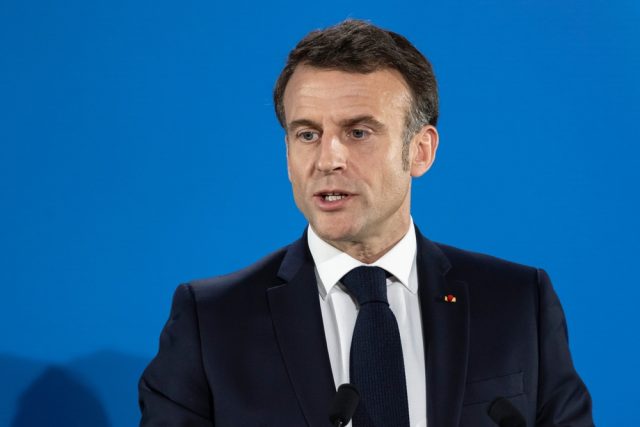
The suspicion was there and, in these hours, the proof is also there for all to see. Macron’s decision to go to the polls after the results of the European elections certainly did not bear the fruit that the President of the Republic hoped to reap. His popularity is at an all-time low and the government put together last summer has turned out to be shaky and inconclusive. Yesterday Michel Barnier received the no-confidence vote from Le Pen and Mélenchon, the ‘odd couple’ united by their desire to bring down this executive by not voting for the fiscal manoeuvre deemed too unfavourable for the French. The transversal objective, of course, is to bring down Macron’s executive, while at the same time opening up a systemic crisis that, in this form, France has never had to endure in the Fourth Republic.
THE VOTE
There were 331 votes in favour of the no-confidence motion presented by the left-wing coalition and supported by Le Pen after an initial desire to present an autonomous motion, but 288 would have been sufficient. The challenged executive – in the Fourth Republic this has not happened since 1962 – is the shortest in recent French history, only three months and a wrecked financial manoeuvre to work on as soon as possible. In fact, the deadline for the tax law is December 31st of this year and Barnier’s resignation, presented on the morning of Thursday 5th at the Elysée Palace, should give Macron the chance to name a new premier, in the next few hours or days, to form an executive capable of getting this text voted through. In the absence of a new law, the only viable solution would be that of an extension of the 2024 text, pending the summer and the possibility of putting it to the will of the ballot box.
THE RESIGNATIONS
The situation at the moment is not an easy one: on the day of the resignation, France is characterised by strikes and demonstrations, while the markets and the spread are weighing negatively on this government crisis. Undoubtedly weighing terribly on the dynamics of these hours is the constitutional dictate, which would prevent a new electoral round before the summer, with Macron forced to dissolve the Assemblée only from June. A further difficulty would be the choice of a new premier, a figure who would have to be capable of settling disagreements and holding the vote of the Assemblée for the coming months, at least until June 2025. The alternative could be a succession of governments lasting a few months or weeks, with an expiry date dictated by institutional appointments where the Le Pen-Mélenchon couple could make their weight felt with a series of no-confidence motions. In this case, several political figures could be burnt out who, instead, would perhaps have the chance to run more profitably in a normal electoral round. What is certain is that in this climate it is difficult for the legislature to come to a normal conclusion in three years’ time.
THE ROLE OF LE PEN
In the meantime, Le Pen has also tried in the past few hours to calm tempers and reduce the value of her actions. The leader of the Rassemblement National said she is confident of the possibility of passing a financial law by the end of the year. She also said that she intends to let the new prime minister do his work. Le Pen’s move to support Mélenchon’s motion must also be taken into account, a decision that could make a part of the moderate electorate – that in recent years has come closer to the Rassemblement National’s themes and exponents – move away from her. In any case, Le Pen is not inclined to call directly for Macron’s resignation, even if her ultimate goal can only be that, given her desire to run again for the Elysée. The hope for Le Pen could be a slow wearing of the President who, as she also repeats in every interview or debate, has already used two of the prerogatives granted by the French Constitution: indeed, he has already carried out a government reshuffle and dissolved the chambers. The only step left is that of an early resignation, nothing more than what Le Pen is hoping for.



 Subscribe
Subscribe